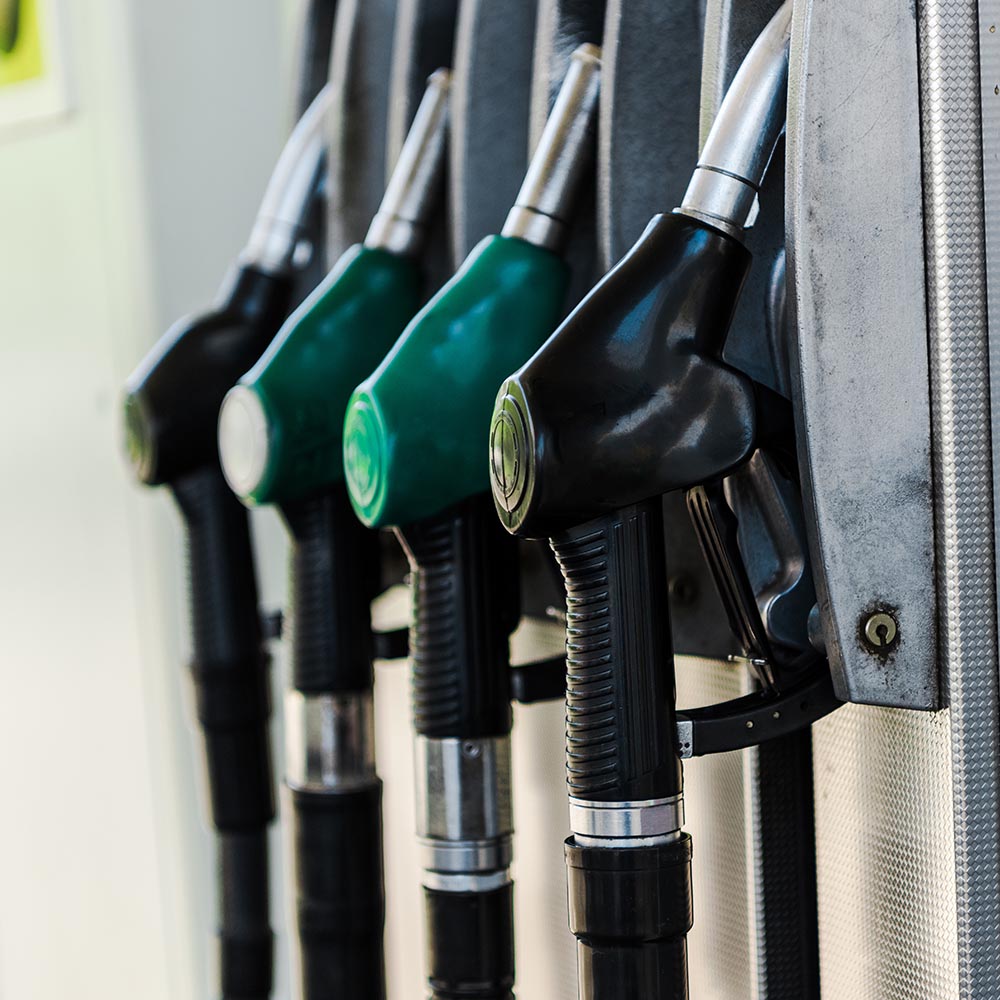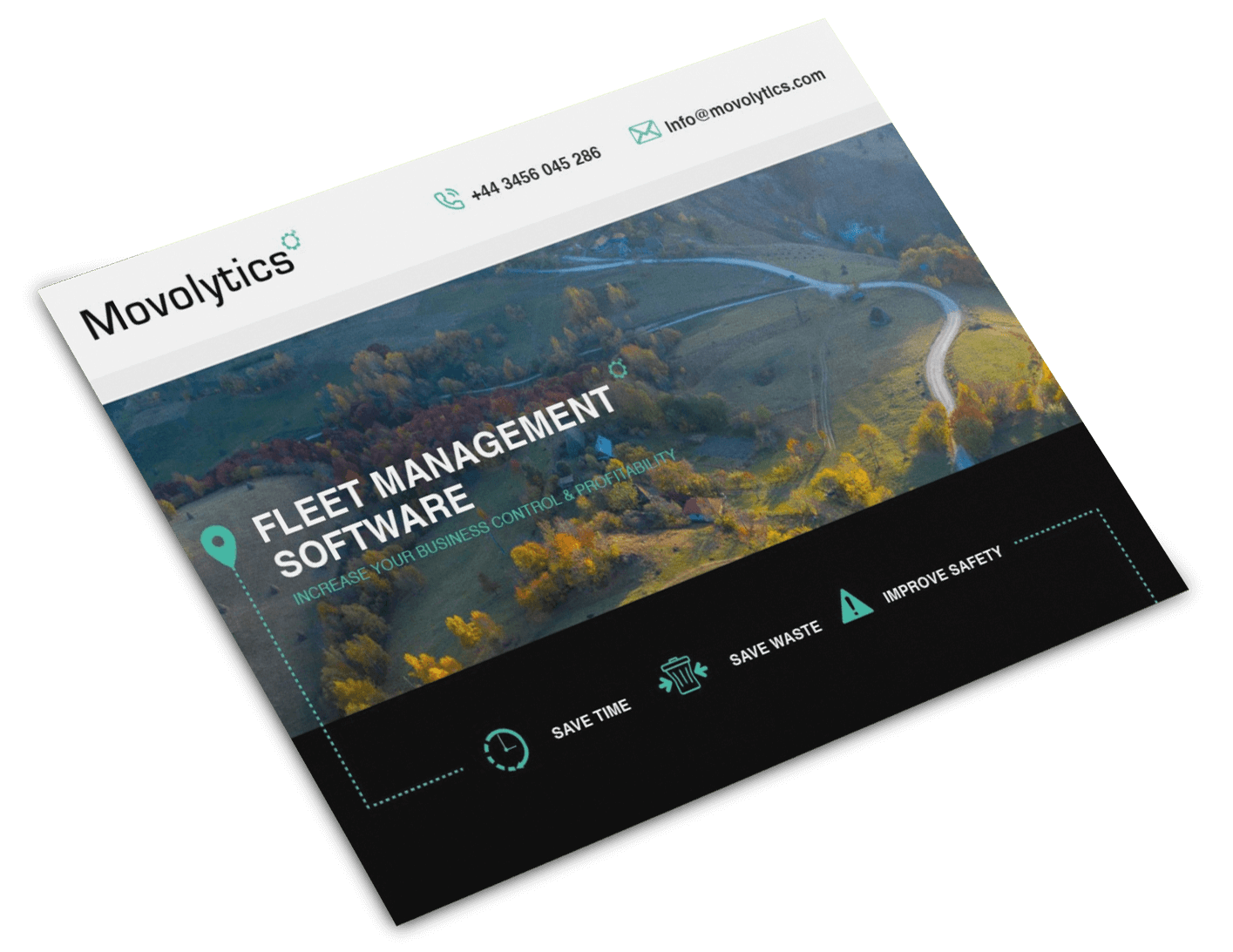
When it comes to managing a fleet, choosing the right fuel cards is one of the most important aspects of cost efficiency and optimised operations. The market offers a plethora of options, each with its own network size, fee structure and additional services. This comprehensive guide aims to give organisations the insight they need to make an informed decision that will enable them to run their fleet with ease and efficiency.
Understanding the importance of network size
The size of a fuel card provider’s network is a crucial factor to consider. It determines where your drivers can refuel and has a direct impact on route planning for your fleet. A larger network provides more flexibility and convenience, avoiding detours and saving valuable time. For nationwide fleets, a map with a wide network that includes multiple petrol station brands is ideal. Conversely, a smaller fleet operating locally can benefit from a card with a strong regional presence.
Evaluating charging structures for long-term savings
The fee structure can often be a deciding factor when choosing a fuel card. It’s important that you not only look at the main fees but also understand the impact on overall costs. Some cards may offer lower per-transaction fees but have monthly or annual service fees. Others may offer benefits such as interest-free periods or discounts on bulk fuel purchases. Compare the fee structure to your fleet’s fuel usage to determine which card will save you the most in the long run.
Additional services: Beyond fuel savings
Today’s fuel cards offer much more than just paying for fuel. They include a range of additional services that can help you run your fleet more effectively. Some providers also offer comprehensive online management tools that allow you to monitor your vehicles, monitor fule costs, and more. Such value-added services can be crucial in optimising fleet operations and should play a major role in the selection process.
Evaluation of customer support and management tools
Reliable customer support is essential, especially when it comes to managing a fleet’s fuelling needs. The ability to access support around the clock, coupled with robust management tools, can significantly reduce the administrative burden. Make sure the fuel card provider offers a strong support system with features such as fraud protection, and detailed reporting. These tools provide valuable data that can be used to further improve fleet efficiency.
Integration of fuel cards with fleet management software
For fleets using fleet management software, the integration capability of a fuel card is a feature that should not be overlooked. The seamless flow of data between the fuel card system and fleet management software allows for a unified view of operations and therefore better decision making. It is advisable to choose a fuel card that integrates easily with your existing systems to improve operational consistency.
The right choice for your fleet
Choosing the right fuel card for your fleet requires careful consideration of several factors. The size of the network, the fee structure, the range of additional services offered, the quality of customer support and integration with fleet management systems are all important components to evaluate. By taking the time to evaluate each of these areas, you can ensure that you choose a fuel card that not only helps manage fuel costs but also adds value to the overall operation of the fleet.
Download our brochure
Take a look at our brochure to find out more
